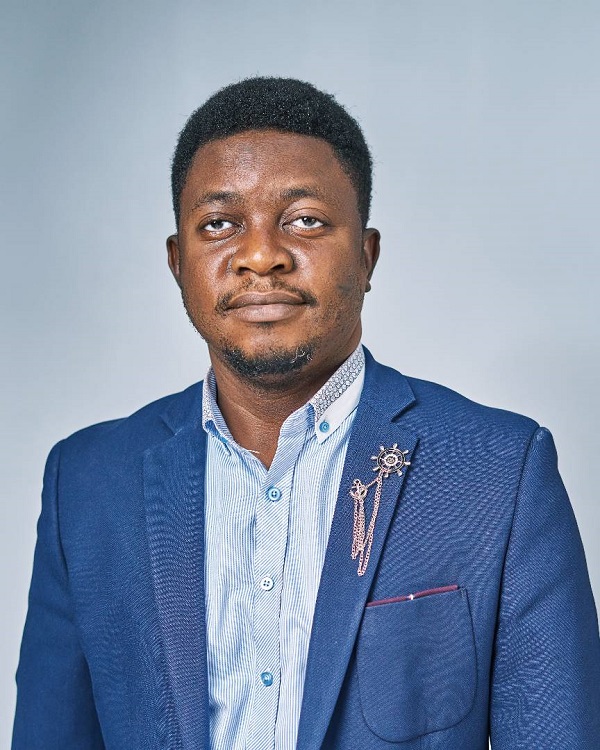
There is an undeniable ability within every individual, regardless of their physical condition. Those who live with various impairments do not choose their state, and often, it’s a result of circumstances beyond their control. As a society, we must place a premium on creating systems that cater to everyone, from education and healthcare to transportation.
It’s disheartening to witness many people living with disabilities struggle within our transport system. They endure unnecessary stress and difficulties due to the lack of inclusivity in our transportation infrastructure. It seems as though these individuals are often overlooked when planning transportation systems, raising questions about our collective humanity. These people are our relatives, friends, acquaintances and colleagues. They deserve better.
Data from the 2018 Nigeria Demographic and Health Survey reveals that approximately 7 per cent of household members over the age of five (as well as 9 per cent of those aged 60 or older) face difficulties in at least one functional domain, such as seeing, hearing, communication, cognition, walking, or self-care. Additionally, 1 per cent face significant difficulties or cannot function in at least one domain. These numbers are staggering, and we must find ways to accommodate this significant portion of our population within our transport system. Inclusivity should be at the forefront of our transportation planning.
People with disabilities frequently encounter challenges when accessing transportation services. Inadequate and unsuitable options limit their mobility, independence, and ability to navigate their communities. This, in turn, restricts their access to employment, education, healthcare and social engagement opportunities. The solution lies in inclusive transport—a transportation system that enables easy movement and mobility for everyone, regardless of their circumstances. Inclusivity, affordability, and equitable access are core elements of such a system, ensuring that everyone, including those with special needs, can easily reach their destinations.
As of 2020, there were over 27 million Nigerians living with some form of disability. The most common types of disabilities in Nigeria, in descending order, are visual impairment, hearing impairment, physical impairment, intellectual impairment and communication impairment. This is a substantial portion of our society, and we cannot afford to let them struggle with transportation, which is an essential aspect of daily life. They have valuable contributions to make to our nation’s development and our society must create an enabling environment for them to thrive.
One effective way to level the playing field is by adopting technological advancements in our transportation system to make life easier for people living with disabilities. This is entirely achievable, and the infrastructure is already in place. Institutions like the Nigerian Institute of Transport Technology (NITT) in Zaria possess the capabilities to drive inclusive transport, but they require government support and collaboration with relevant stakeholders to implement an inclusive system.
The starting point is to take the Disabilities Act seriously, which prohibits all forms of discrimination against persons with disabilities. This Act must not remain a mere piece of paper; it should be a functional law. Its provisions should be reflected in the design and formulation of policies, particularly within the transport sector, the focus of this discussion. With well-formulated policies that prioritise the comfort, accessibility and affordability of transportation for people living with disabilities, it becomes much easier for stakeholders to devise inclusive transportation solutions.
As mentioned earlier, technology can be a powerful tool. NITT should lead the charge in collaboration with other stakeholders in the science, technology, and innovation (STI) landscape. We could begin by importing foreign technologies that can be adapted to our environment. Over time, we can develop our technologies tailored to our unique needs.
With over 27 million individuals affected, we are dealing with a substantial number. A society committed to sustainable development does not leave anyone behind, regardless of their conditions or circumstances. Sustainable development is a shared responsibility, and inclusivity is the key. It must be integrated into all aspects of life, particularly in transportation. Inclusive transport is the need of the hour in Nigeria. We must put an end to people with disabilities struggling to move from one place to another. Technology can be a game-changer if all science, technology and innovation stakeholders work hand in hand with the transport sector to develop effective solutions.

